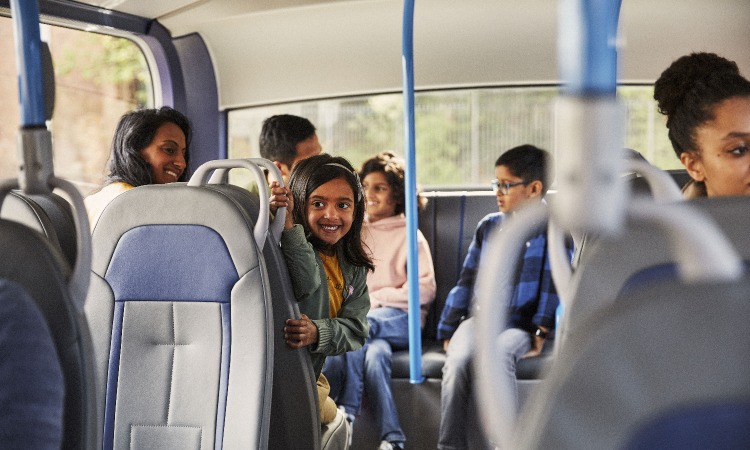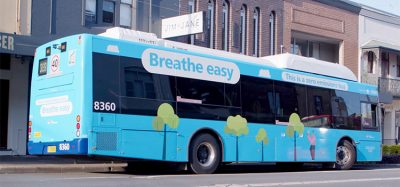Council interventions can help remove one billion miles of car journeys each week, says new Stagecoach report
- Like
- Digg
- Del
- Tumblr
- VKontakte
- Buffer
- Love This
- Odnoklassniki
- Meneame
- Blogger
- Amazon
- Yahoo Mail
- Gmail
- AOL
- Newsvine
- HackerNews
- Evernote
- MySpace
- Mail.ru
- Viadeo
- Line
- Comments
- Yummly
- SMS
- Viber
- Telegram
- Subscribe
- Skype
- Facebook Messenger
- Kakao
- LiveJournal
- Yammer
- Edgar
- Fintel
- Mix
- Instapaper
- Copy Link
Posted: 15 November 2022 | Intelligent Transport | No comments yet
Stagecoach’s new report sets out the financial, environmental and community benefits of reduced car use and calls for co-ordinated action from government, councils and transport operators to encourage modal shift.


Credit: Stagecoach
Councils can help motorists save up to £6,000 a year by introducing the right policy measures to help them use cars less, says an independent report commissioned and released by Stagecoach.
According to the report, by taking the right decisions, which discourage car usage and fund measures to make public transport more affordable, accessible and convenient, councils can help remove one billion miles of car journeys each week. In addition to reducing car congestion, this would also help the environment by stopping nearly 400,000 tonnes of CO2 being emitted each week.
Stagecoach’s report – Every journey makes a difference: how we can support people switch how they travel – has found that the majority of motorists are open to reducing car usage for school runs (34 per cent) or carrying out personal leisure activities (22 per cent ), such as going to the gym. In addition, motorists who are younger (36 per cent), live in urban areas (28 per cent) or make shorter journeys (21 per cent) have also been found to be more open to making the switch.
Furthermore, the report has also found that introducing Clean Air Zones across the country could remove over 1.3 billion miles of car journeys each week, while Low Traffic Neighbourhoods could save over 900 million miles. It also outlines that lower bus fares and Clean Air Zones could lead to over half of motorists driving less often for work (52 per cent), social activities (53 per cent) or leisure activities (52 per cent).
Stagecoach passengers set to benefit from low-emission buses in 2023
Martin Griffiths, Chief Executive of Stagecoach, said: “This report demonstrates there is a considerable prize on offer for motorists, councils and central government, and we need to create the environment that helps motorists switch from their car. As the cost-of-living crisis continues to hit pockets, we know that people want an alternative to their car that is affordable, accessible and convenient. Our research makes clear that local authorities can deliver this in partnership with public transport operators through balanced policy decisions that encourage people to think again and choose to take the bus.”
On behalf of the UK Department for Transport, Roads Minister Richard Holden said: “This research from Stagecoach shows there is great appetite among drivers to use their cars less in favour of buses – the most popular form of public transport. That’s why we’re investing billions in buses that are more frequent, greener and start earlier and finish later across the UK and providing residents outside London with a step change towards the brilliant transport networks they deserve.”
On behalf of Scottish government, Transport Minister Jenny Gilruth said: “I welcome this research from Stagecoach, which will help us to inform and build upon our work to encourage people out of their cars and onto public transport. It confirms what we already know – that there are cheaper and more sustainable ways for people to travel, especially for short journeys, which are better for their health and wellbeing as well as their finances and the environment.”
If you liked this, you may also be interested in:
▶ Go-Ahead expands southwest England operations with acquisition of Dartline
Related topics
Accessibility, Air Quality, Multimodality, Public Transport, Sustainable Urban Transport
Related modes
Bus & Coach
Related countries
United Kingdom
Related organisations
Department for Transport (DfT), Scottish Government, Stagecoach Group, UK Government
Related people
Jenny Gilruth, Martin Griffiths, Richard Holden








